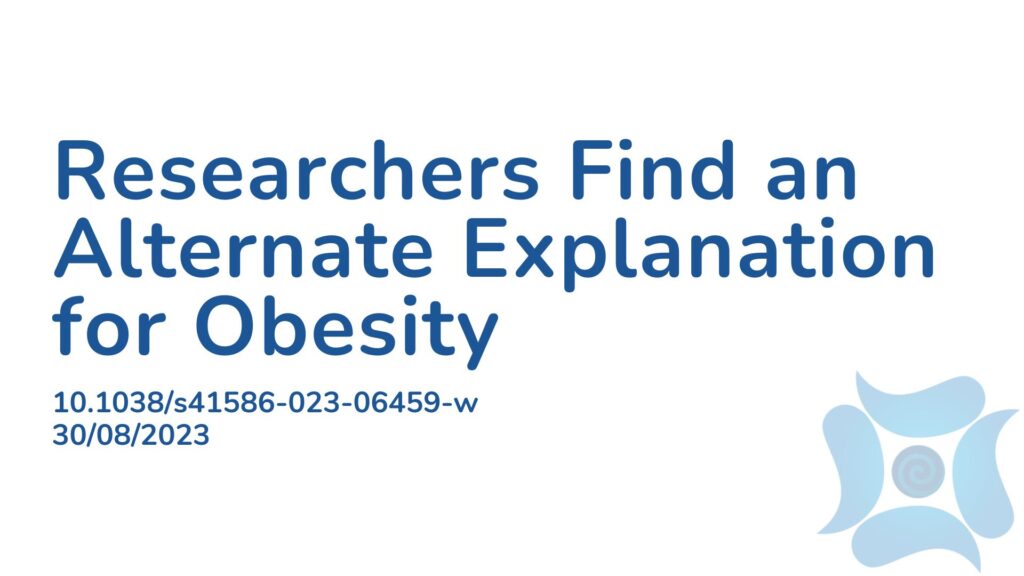Summary:
Understanding the connections between brain signalling, appetite and obesity in humans has been challenging and many of the studies trying to understand this relationship have been done in rodents. In this study, the authors used varying methods including 3D histology of brain tissues to identify whether the hippocampus, which is an area of the brain responsible for memory, is involved in appetite. They observed that the hippocampus in obese individuals acted differently, which may impact their ability to regulate appetite. These findings mean that some individual’s brains are fundamentally different or have signalling disruptions, meaning that this could be the reason for an increased risk of obesity. The authors also found that the level of disruption to the hippocampus was directly proportional to their body-mass index (BMI), meaning that in individuals with a higher BMI, the hippocampus disruption was more severe.
Abstract:
Only recently have more specific circuit-probing techniques become available to inform previous reports implicating the rodent hippocampus in orexigenic appetitive processing1-4. This function has been reported to be mediated at least in part by lateral hypothalamic inputs, including those involving orexigenic lateral hypothalamic neuropeptides, such as melanin-concentrating hormone5,6. This circuit, however, remains elusive in humans. Here we combine tractography, intracranial electrophysiology, cortico-subcortical evoked potentials, and brain-clearing 3D histology to identify an orexigenic circuit involving the lateral hypothalamus and converging in a hippocampal subregion. We found that low-frequency power is modulated by sweet-fat food cues, and this modulation was specific to the dorsolateral hippocampus. Structural and functional analyses of this circuit in a human cohort exhibiting dysregulated eating behavior revealed connectivity that was inversely related to body mass index. Collectively, this multimodal approach describes an orexigenic subnetwork within the human hippocampus implicated in obesity and related eating disorders.
Article Publication Date: 30/08/2023
DOI: 10.1038/s41586-023-06459-w




